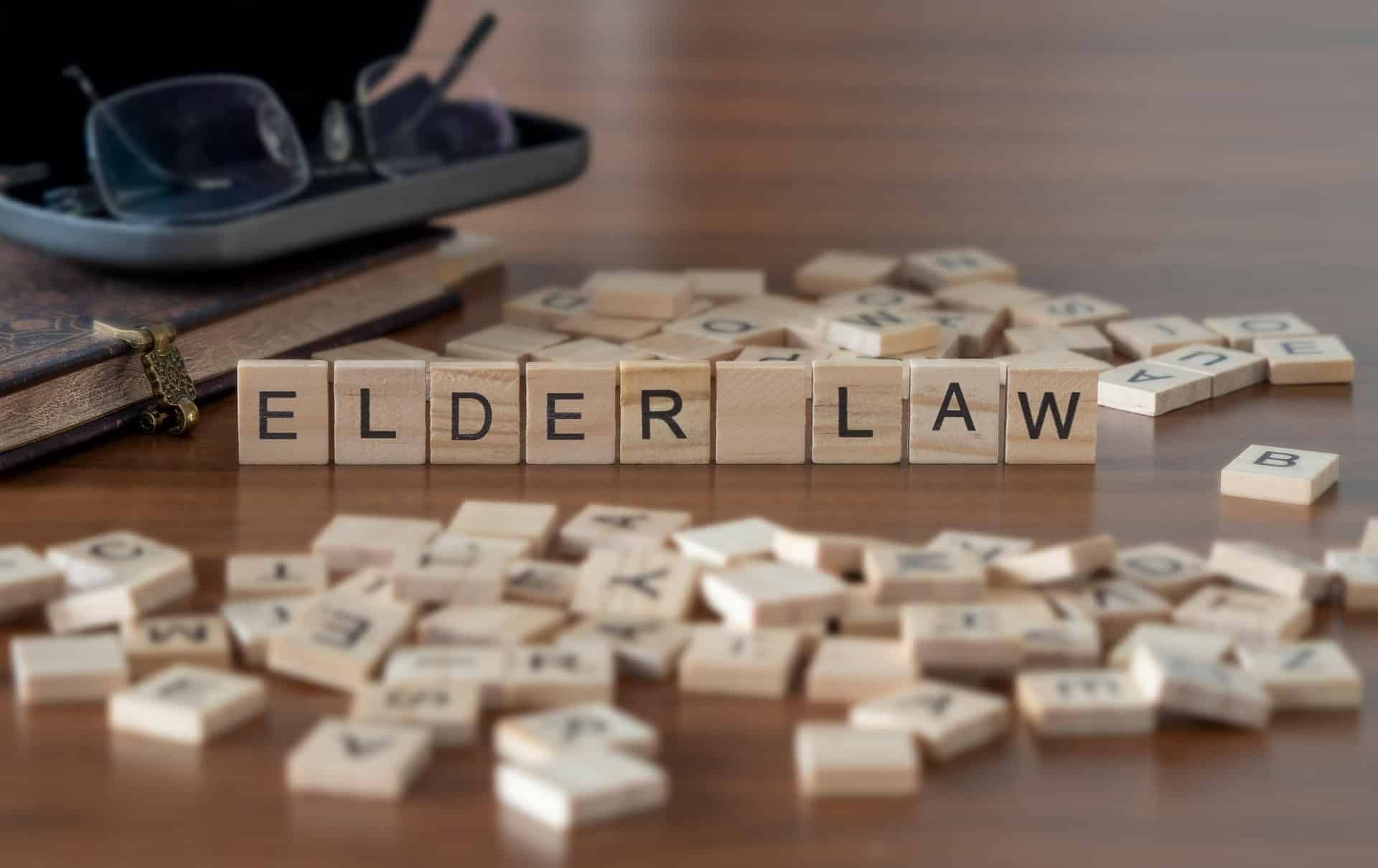
Real property transfers give you a great opportunity to control how you pass on your property. However, dealing with the details of real property transfers can be a burden, especially as a senior. For residents of Eastern Washington, Spokane Valley, and Spokane, WA, it’s crucial to understand this process. Elder law focuses on issues that predominantly impact seniors, including the transfer of real property. Whether you’re contemplating a transfer to secure your assets, planning for future generations, or ensuring a smooth transition of your estate, it’s essential that you have a grasp of the local legal landscape. Below are details on how elder law can assist you in facilitating real property transfers in the region, including some clarity on methods like life estates, beneficiary deeds, and revocable living trusts. This information can help you ensure that you’re making informed decisions every step of the way.
The Basics of Real Property Transfers
Real property transfers are a way to convey rights, title, or interest in a property from one party to another. This process isn’t just about selling or buying a piece of land or a home—it’s about the legal ways that ensure the rightful transfer of ownership and safeguard both parties involved.
For seniors real property transfers can represent a legacy being passed down, a strategic move in retirement planning, or a step toward ensuring financial stability. The method of transfer can vary—you can make an outright sale, you can gift the property, or you can use specialized tools like life estates or trusts.
It’s important that you understand all the details in the process. Factors like taxation implications, future rights to the property, or potential impacts on Medicaid eligibility can influence the decisions you need to make. You might also face specific procedures or requirements specific to Eastern Washington, Spokane Valley, or Spokane, WA.
Having a good knowledge of real property transfers will both help you make informed choices and protect your interests and those of your loved ones.
Eastern Washington’s Unique Landscape for Elder Law and Real Property
Eastern Washington has its own set of regulations, guidelines, and legal traditions shaped by its history, demographics, and economic nuances. For instance, the state’s approach to probate, property taxation, and asset protection may differ from neighboring regions, influencing decisions around property conveyance. Also, Eastern Washington’s housing market trends, coupled with its local judicial interpretations of elder law, can potentially lead you to prefer certain transfer methods.
Methods of Real Property Transfers for Seniors
Real property transfers include a few different methods to ensure that you protect your assets, preserve your legacy, and secure your family’s financial future. In Eastern Washington, including Spokane and Spokane Valley, there are many ways to meet your unique needs as a senior:
- Life Estates: A life estate is an arrangement where you can keep an interest in a property for your lifetime while designating a remainderman—often a loved one or heir—to inherit your property when you pass. This method ensures that you can both keep control and use the property during your lifetime and transfer it seamlessly without the complications of probate.
- Beneficiary Deeds: Also known as a transfer-on-death deed, a beneficiary deed lets you retain full control of your property during your lifetime. When you pass, the property is transferred directly to your designated beneficiary without the need for probate proceedings. This tool is especially valuable if you want a straightforward, non-probate transfer solution.
- Revocable Living Trusts: A revocable living trust is a legal entity that holds ownership of assets, including real property. While you remain alive and competent, you maintain control of the trust and its assets. If you pass or become incapacitated, a successor trustee—whom you’ve designated—manages or disburses the trust’s assets according to your wishes. This type of trust offers you flexibility, privacy, and a comprehensive approach to estate planning.
Each of these methods has its own benefits and considerations. Factors like tax implications, Medicaid eligibility, and your long-term goals can all be figured into your decision. Understanding these methods ensures that your real property transfer not only abides by the regional specifics but also serves your overarching goals.
Challenges and Concerns in Real Property Transfers
Although a real property transfer has its advantages, it also has challenges. For one thing, this kind of transfer can have potential tax implications that range from capital gains to inheritance taxes. These taxes can reduce how much you benefit from the transaction. Also, certain transfers can disrupt your Medicaid eligibility, potentially leading to unforeseen healthcare costs. Estate disputes, which can arise from misunderstandings in the property disposition process, can also jeopardize the seamless transition of assets. Finally, the property market in areas like Spokane and Spokane Valley might influence when and how you do your transfer. If you stay mindful of these potential situations, you can make informed decisions, safeguard your assets, and ensure your legacy remains intact.
Why Legal Assistance is Important
Executing your real property transfer demands more than just a basic understanding of the process. It requires the expertise of an experienced elder law attorney. Getting an elder care lawyer can help:
- Tailor your plans to your needs. You have unique aspirations and circumstances. An elder law attorney can help you carve out a transfer plan that fits your specific present and future needs.
- Navigate regional specifics. Eastern Washington, including Spokane and Spokane Valley, has its own set of property and elder law regulations. Your attorney can ensure that your transfer adheres to regional guidelines, minimizing potential legal pitfalls.
- Comprehensive understanding: Beyond just the transfer, an attorney can provide insight into associated tax implications, potential Medicaid ramifications, and other intertwined legal aspects. This holistic approach ensures that you’re not caught unprepared in any facet of the transfer.
- Peace of Mind: Perhaps most importantly, knowing you’re guided by an expert provides invaluable peace of mind. Instead of navigating uncertainties, you can focus on making informed decisions with confidence.
In the intricate dance of property transfers, an experienced attorney is your steadfast partner, guiding each step with expertise and foresight.
As you search for a way to safeguard your assets and legacy, it’s crucial that you understand the details of a real property transfer. From life estates to revocable trusts, you can access many tools that fit your needs. But you want to avoid the potential pitfalls. When you get help from an experienced estate planning attorney, you make sure that every decision you make is informed, compliant, and aligned with your long-term vision.
Get In Touch With an Estate Planning Attorney
For help with estate planning in Washington, you should reach out to the elder law attorneys at Legacy Law Group in Eastern Washington, Spokane Valley, and Spokane itself. Contact us at (509) 315-8087 today to get started.




